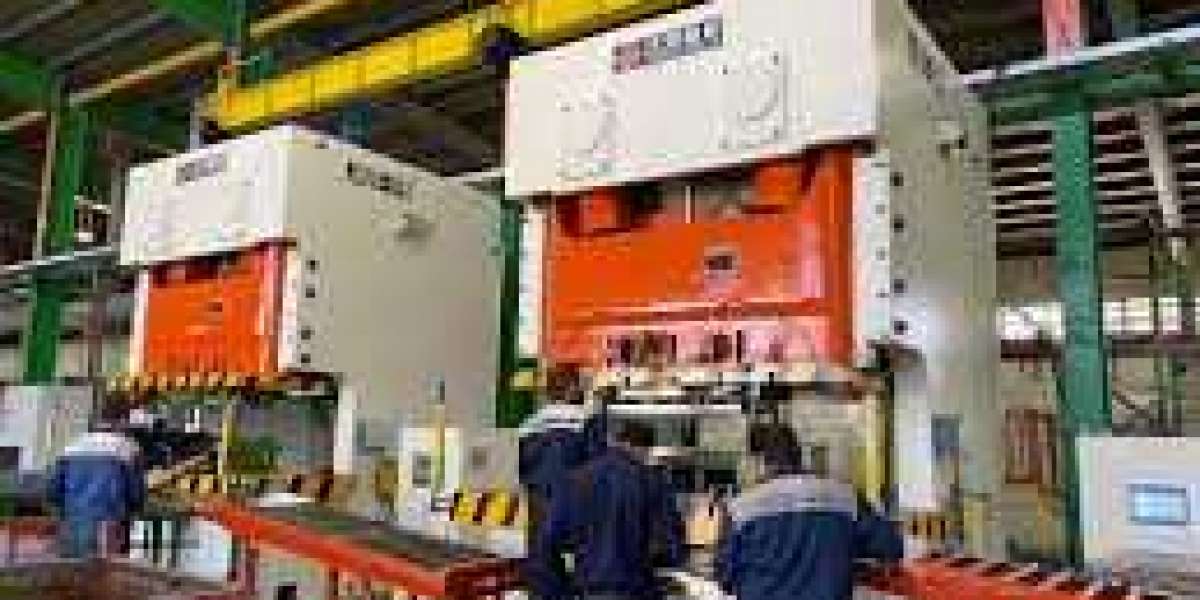Compostable zip bags represent a promising alternative to traditional plastic bags, offering a sustainable solution for storage and packaging needs. Unlike conventional plastic bags that persist in landfills for centuries, compostable zip bags break down naturally, leaving behind no harmful residues.
What are Compostable Zip Bags?
Compostable zip bags are made from plant-based materials, such as cornstarch or sugarcane, which decompose into organic matter under specific conditions. These bags undergo rigorous testing to ensure they meet composting standards and can be safely returned to the earth.
Benefits of Compostable Zip Bags
Environmental Impact
Compostable zip bags significantly reduce the environmental footprint compared to traditional plastic bags. By utilizing renewable resources and promoting biodegradation, they help mitigate the accumulation of plastic waste in landfills and oceans.
Convenience and Versatility
Compostable zip bags offer the same level of convenience and functionality as their plastic counterparts. They are suitable for storing food, organizing household items, and packing lunches for on-the-go lifestyles.
Biodegradability
Unlike conventional plastic bags, which persist in the environment for centuries, compostable zip bags decompose into organic matter within a matter of months. This inherent biodegradability ensures minimal harm to ecosystems and wildlife.
How Compostable Zip Bags Work
Compostable zip bags are engineered to mimic the properties of traditional plastic bags while incorporating biodegradable materials. The primary components include plant-based polymers and additives that facilitate decomposition.
Material Composition
Compostable zip bags are typically composed of polylactic acid (PLA), a biodegradable polymer derived from renewable resources such as cornstarch or sugarcane. Additional additives may enhance flexibility and durability.
Composting Process
To compost effectively, compostable zip bags require specific environmental conditions, including moisture, oxygen, and microbial activity. In industrial composting facilities, these bags break down within weeks, contributing to nutrient-rich compost.
Uses of Compostable Zip Bags
Compostable zip bags serve a variety of purposes in both domestic and commercial settings.
Kitchen and Food Storage
Compostable zip bags are ideal for storing fruits, vegetables, leftovers, and pantry staples. Their airtight seal helps preserve freshness while reducing food waste.
Travel and Outdoor Activities
For outdoor enthusiasts and travelers, compostable zip bags offer a lightweight and eco-friendly solution for organizing toiletries, snacks, and other essentials. They are durable enough to withstand rugged conditions yet gentle on the environment.
If you want to know more information about lucky charms cereal box visit TopUSAPackaging
Difference Between Compostable and Biodegradable Bags
While both compostable and biodegradable bags break down over time, compostable bags undergo a specific composting process, resulting in nutrient-rich soil. Biodegradable bags, on the other hand, may degrade into smaller particles without fully returning to nature.
Are Compostable Zip Bags Durable?
Contrary to misconceptions, compostable zip bags exhibit comparable durability to traditional plastic bags. They are tear-resistant, waterproof, and suitable for a wide range of applications.
Are Compostable Zip Bags Affordable?
As demand for sustainable alternatives grows, the cost of compostable zip bags continues to decrease. While initially slightly more expensive than conventional plastic bags, the long-term environmental benefits outweigh the upfront investment.
Compostable Zip Bags and Sustainable Living
In a world grappling with the consequences of plastic pollution, compostable zip bags offer a tangible solution for individuals and businesses committed to sustainable living practices. By embracing compostable alternatives, we can reduce our reliance on non-renewable resources and safeguard the planet for future generations.
Choosing the Right Compostable Zip Bags
When selecting compostable zip bags, consider factors such as material composition, certification standards, and intended use. Look for products certified by reputable organizations like the Biodegradable Products Institute (BPI) or the European Bioplastics Certification.
Tips for Proper Disposal of Compostable Zip Bags
To ensure effective composting, dispose of compostable zip bags in municipal composting facilities or home compost bins. Avoid mixing them with conventional plastics, as this may contaminate the recycling stream.
Compostable Zip Bags: Regulations and Certifications
In response to growing environmental concerns, governments worldwide are implementing regulations and standards for compostable products. Certifications such as ASTM D6400 and EN 13432 validate the compostability and biodegradability of zip bags.
Future of Compostable Zip Bags
As consumer awareness of environmental issues continues to rise, the demand for compostable zip bags is expected to surge. Manufacturers are innovating new materials and production methods to enhance performance and affordability.
Case Studies: Companies Using Compostable Zip Bags
Several forward-thinking companies have embraced compostable zip bags as part of their sustainability initiatives. From grocery stores to food delivery services, these businesses demonstrate the feasibility and effectiveness of compostable packaging solutions.
Conclusion
Compostable zip bags represent a paradigm shift in the way we approach packaging and storage solutions. By choosing compostable alternatives, we can reduce plastic waste, conserve natural resources, and promote a healthier planet for future generations.
Unique FAQs
Are compostable zip bags suitable for freezer storage? Compostable zip bags are generally not recommended for freezer storage, as extreme temperatures can affect their integrity. However, some manufacturers offer freezer-safe options designed to withstand low temperatures.
Can I compost compostable zip bags in my backyard compost pile? While compostable zip bags are designed to break down in industrial composting facilities, backyard composting may not provide the necessary conditions for efficient decomposition. Check with your local composting guidelines for best practices.
Are compostable zip bags suitable for microwave use? It is not recommended to microwave compostable zip bags unless explicitly stated by the manufacturer. Heat may cause the bags to warp or degrade prematurely.
Do compostable zip bags have a shelf life? Compostable zip bags have a shelf life similar to conventional plastic bags when stored in a cool, dry place away from direct sunlight. However, exposure to moisture and heat can accelerate degradation.
Are compostable zip bags recyclable? While compostable zip bags are not recyclable in traditional recycling streams, they can be composted in industrial composting facilities or home compost bins, where they break down into organic matter.


